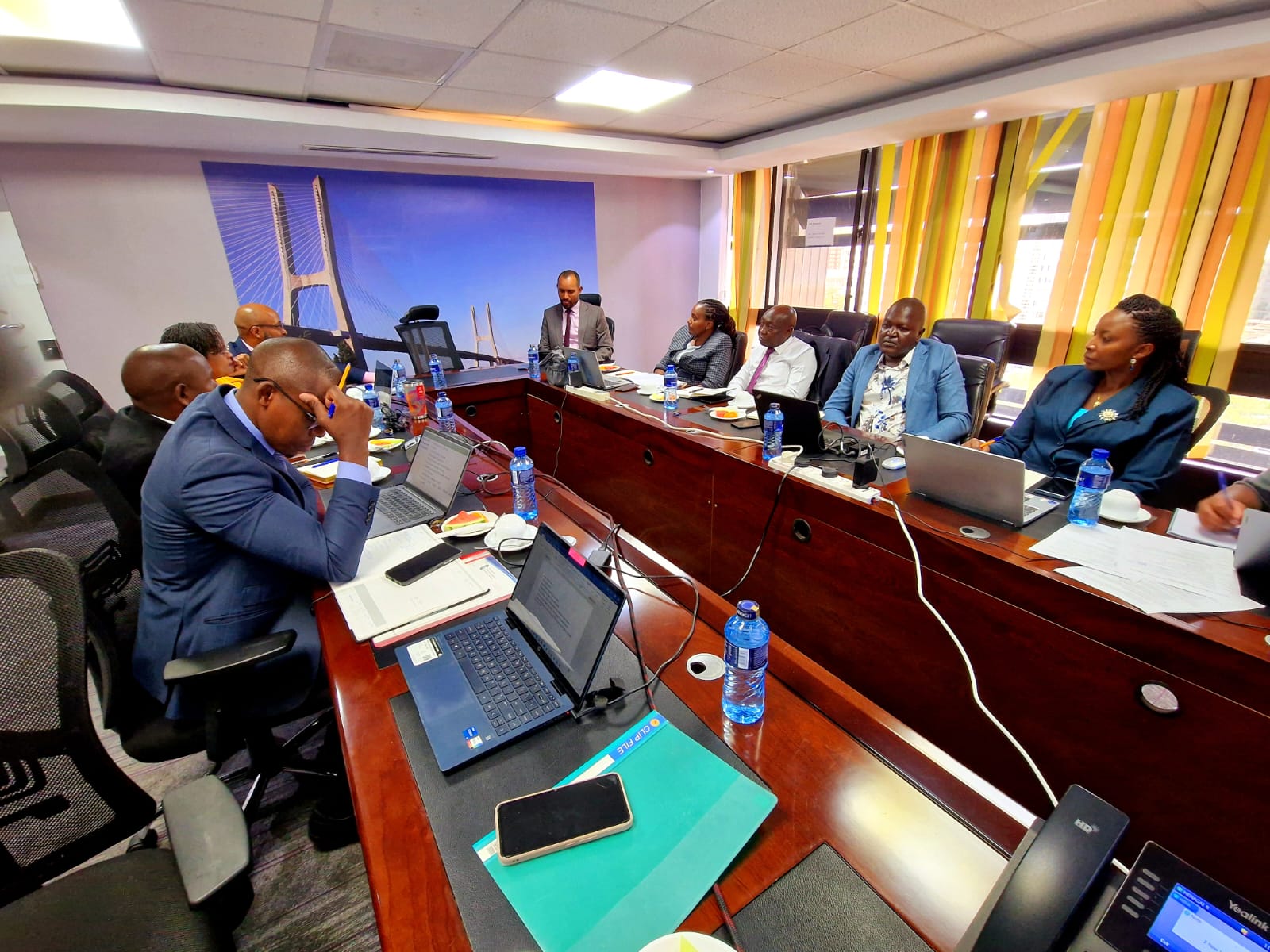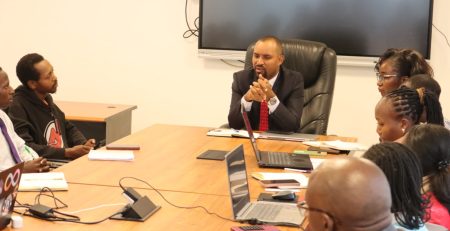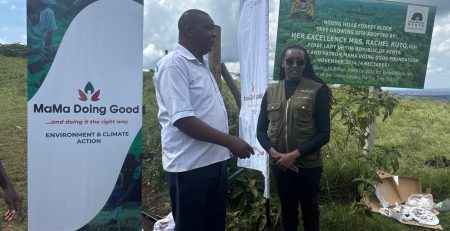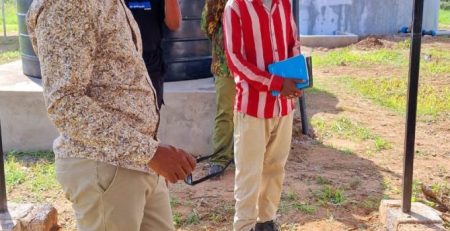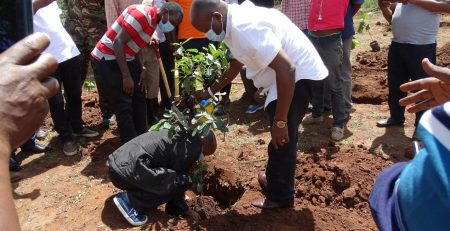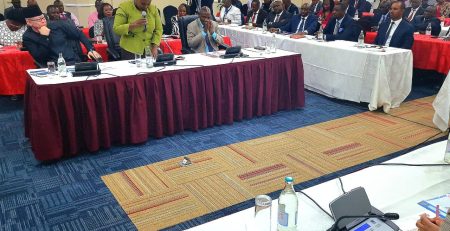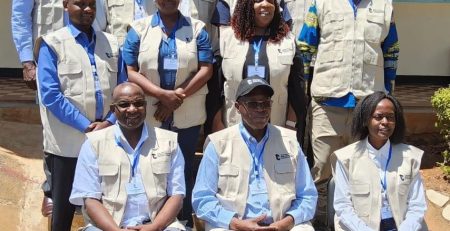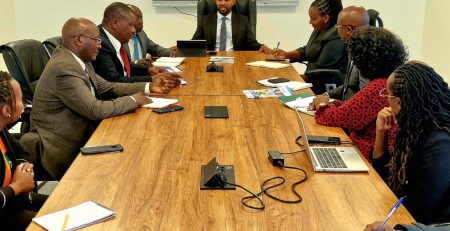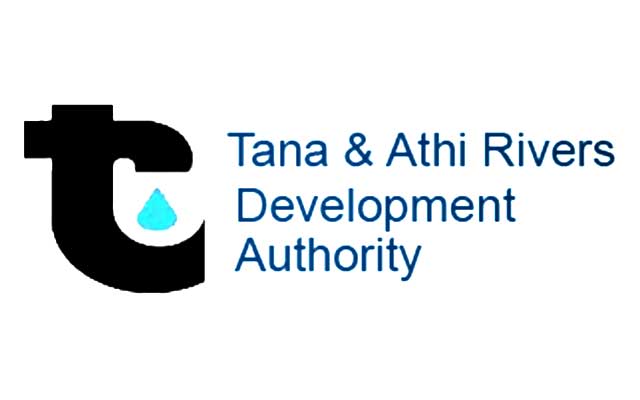HARNESSING PUBLIC-PRIVATE PARTNERSHIPS FOR SUSTAINABLE DEVELOPMENT
Kenya’s agriculture sector contributes over 33% of the country’s GDP and employs more than 40% of the total population, with 70% of rural livelihoods depending on farming. To meet the demands of a growing population and climate uncertainties, targeted investment in irrigation, mechanization, and value chain development is critical.
The government has committed to increasing the country’s irrigated land from 670,000 hectares to over 1.2 million hectares by 2030. However, achieving lasting impact requires innovative financing and collaboration models. Public-Private Partnerships (PPPs) offer a strategic solution by leveraging private sector expertise, technology, and investment to complement public sector resources.
Towards this end the Tana and Athi Rivers Development Authority led by Managing Director Mr. Liban Roba led the Authority in a critical discussion with the PPP Directorate under The National Treasury and Economic Planning. For TARDA, embracing Agri-PPPs is a strategic move to unlock investment in large-scale irrigation projects, agro-industrial hubs, and climate-resilient farming. With over 48,000 hectares of irrigable land within its operational areas, TARDA has the potential to transform agriculture through:
- Expanding irrigated farming in high-potential zones such as the Tana and Athi River Basins.
- Enhancing value chains through agri-processing and market linkages, reducing post-harvest losses that currently stand at 30-40% in some crops.
- Strengthening climate adaptation strategies, ensuring food security for over 5 million people dependent on agriculture within TARDA’s jurisdiction.
For TARDA, PPPs are central to the success of large-scale agricultural projects such as the Tana Delta Irrigation Project (TDIP) and the Tana Integrated Sugar Project (TISP). These projects are designed to increase food production, create employment, and drive economic transformation while ensuring environmental sustainability.
Rice is a staple in Kenya, yet the country imports approximately Ksh. 7 billion worth of rice annually to meet demand. The Tana Delta Irrigation Project (TDIP) aims to reverse this trend by expanding local production through modern irrigation techniques and private sector investment. Covering 31,092 hectares, the project dedicates 10,000 hectares to irrigated rice farming, inviting private investors to drive productivity, improve market efficiency, and enhance farmer incomes.
TDIP supports Kenya Vision 2030 and the BETA Agenda by promoting food security, import substitution, and sustainable rural livelihoods. In addition to boosting rice production, the project will rehabilitate and expand irrigation infrastructure, construct weirs to restore water supply, and repair dykes and riverbanks damaged by flooding. This will ensure a stable water supply, protect farmlands from extreme weather events, and create a resilient agricultural ecosystem in the Tana Delta.
Sugar also remains a key commodity in Kenya, yet the country faces a deficit of over 350,000 tons annually, leading to expensive imports. The Tana Integrated Sugar Project (TISP) is designed to bridge this gap by establishing a comprehensive sugarcane production and processing ecosystem in the Tana Delta. Spanning 16,000 hectares of estate farming and 4,000 hectares of smallholder out-grower schemes, TISP integrates agriculture, energy production, and livestock development to create a sustainable value chain.
At full capacity, TISP is capable of producing 212,000 tons of sugar annually, significantly reducing reliance on imports. In addition to sugar production, the project includes a 10,000-ton/day sugar mill, a power co-generation plant, and facilities for ethanol production, fodder cultivation, and beef fattening. By incorporating renewable energy and by-product utilization, the project will ensure economic and environmental sustainability.
Beyond economic benefits, TISP is expected to generate over 20,000 jobs, spur rural infrastructure development, and improve community livelihoods. Its impact extends beyond agriculture, fostering local entrepreneurship, knowledge transfer, and regional growth.
By structuring TDIP and TISP and many other TARDA Projects as competitive PPPs, the Authority is laying the foundation for transformational change in Kenya’s agriculture sector. These projects are not just about food production—they are about economic empowerment, climate resilience, and sustainable development. With the right partnerships, Kenya can reduce its reliance on food imports, strengthen rural economies, and achieve long-term food security.

